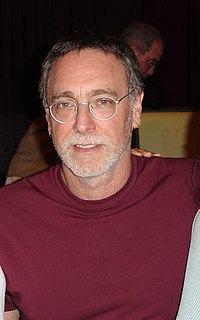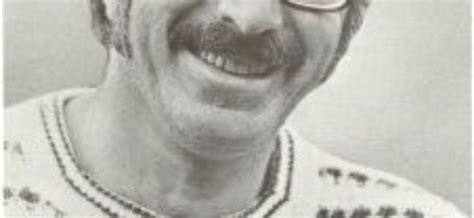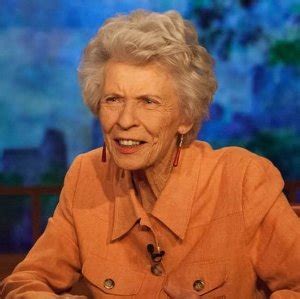A Quote by Jonathan Raban
The Falklands held a mirror up to our own islands, and it reflected, in brilliantly sharp focus, all our injured belittlement, our sense of being beleaguered, neglected and misunderstood.
Related Quotes
The future is unwritten. Cyberspace is the funhouse mirror of our own society, reflects our values and our faults, sometimes in terrifying exaggerations. It doesn't matter who you are today, if you don't show up in that mirror you are just not going to matter very much. Our kids have to show up in the mirror.
In this choice of inheritance we have given to our frame of polity the image of a relation in blood; binding up the constitution of our country with our dearest domestic ties; adopting our fundamental laws into the bosom of our family affections; keeping inseparable and cherishing with the warmth of all their combined and mutually reflected charities, our state, our hearths, our sepulchres, and our altars.
Heroes are necessary in order to enable the citizens to find their own ideals, courage and wisdom in the society. The hero carries our hopes, our aspirations, our ideals, our beliefs. In the deepest sense the hero is created by us; he or she is born collectively as our own myth. This is what makes heroism so important: it reflects our own sense of identity and from this our own heroism is molded.
Since our online libraries are so extensive, we think we can make all the right decisions about our personal health and well-being by pushing buttons. It's not intuitive anymore. That's the internet. Before the net, we would have gone to the community or our families to see what we should do. We often feel more isolated on our own little islands because of it.
Of one thing we can be sure: our own future is inseparable from the larger community that brought us into being and which sustains us in every expression of our human quality of life, in our aesthetic and emotional sensitivities, our intellectual perceptions, our sense of the divine, as well as in our physical nourishment and bodily healing.
Self-absorption in all its forms kills empathy, let alone compassion. When we focus on ourselves, our world contracts as our problems and preoccupations loom large. But when we focus on others, our world expands. Our own problems drift to the periphery of the mind and so seem smaller, and we increase our capacity for connection - or compassionate action.
We camouflage our true being before others to protect ourselves against criticism or rejection. This protection comes at a steep price... we are misunderstood. When we are misunderstood, especially by family and friends, we join the 'lonely crowd.' Worse... we tend to lose touch with our real selves.







































